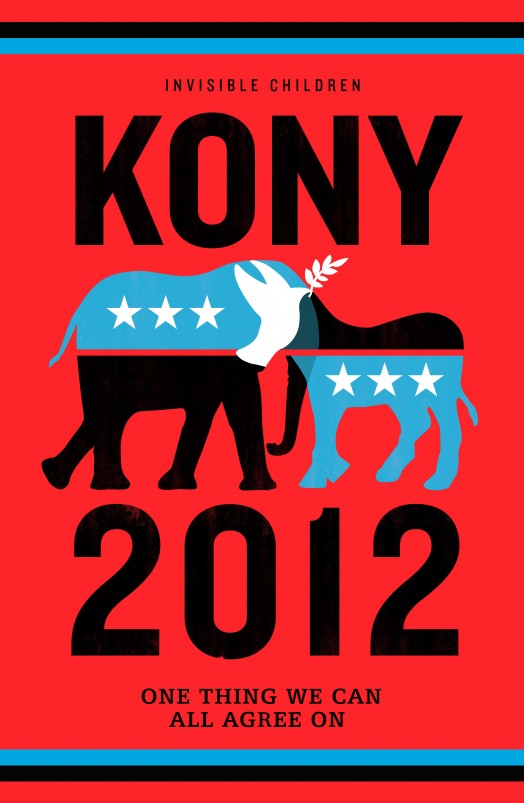“Kony 2012,” a video made by Invisible Children to bring the international war criminal Joseph Kony to justice, continues to gain much force and criticism across the world. The purpose of the Kony 2012 campaign is to stop Joseph Kony, a warlord who abducts children in Africa and forces them become part of the Lord’s Resistance Army or sex slaves.
“To me it [Kony 2012 video] shows the power of social network, but I wonder if young people would have been as involved if students would have read it in a newspaper,” said sociology teacher April Pezzolla.
The video, which came out March 5, had over 100 million views in less than a week. It also prompted many “Americans” to call their state senators advocating the U.S.A.’s involvement in Uganda.
“We wrote letters to the senator of Missouri,” said junior Madeline Mattlin who participated in a demonstration of Invisible Children at the Arch. In 2009, around 100 people laid under the Arch and pretended to be invisible children waiting to be rescued.
“We had to stay there [the Arch] and be invisible children until we were rescued by celebrities.”
Many, however, are skeptical about the recent involvement by the U.S. in Uganda. Oil was found in Uganda a year before the Kony 2012 video was aired and now there are currently 100 soldiers in Uganda. These soldiers will leave if they do not find Kony after this summer is over, but the Kony 2012 video encourages people to advocate for more U.S. involvement in Uganda.
“Uganda has just recently announced the striking of some very substantial oil resources in the northern part of Uganda and to me it’s difficult not to think that the sending of these special U.S. forces has not got something to do with that,” said Firoze Manji who is the editor-in-chief of Pambazuka News, one of the most influential web forums for social justice in Africa.
Some also view the campaign to indict Kony as the idea of the “white men’s burden” and many Ugandans claim that the video does not deal with issues Uganda is currently facing. Kony is no longer even in Uganda.
“My major problem with this video is that it simplifies the story of millions of people in Northern Uganda, and makes out a narrative that is often heard of Africa about how hopeless people are in times of conflict that only people of other continents can help,” said Rosebell Kagumire, a Ugandan blogger. “The war was more than just an evil man killing children.”
The mental health of the filmmaker of Kony 2012, Jason Russell, also made many question the Kony 2012 campaign. According to the San Diego Police, Russell was seen running and yelling through the streets in his underwear, and possibly masturbating. Russell was arrested and taken to a mental hospital. According to Invisible Children CEO Ben Keesey, Russell had a very stressful week when the nude incident took place.
“This is a story of an outsider trying to be a hero,” said Kagumire.
Invisible children is also under close scrutiny because many believe this non profit then directs the money they get from selling Kony gadgets more towards awareness than to actually helping children in Africa. Some claim that less than 37 percent of the organization’s money actually reaches Africa.
“I think foreign policy often does not address issues of human rights in a way that is beneficial,” said Pezzolla. “Due to a long history that often took advantage of indigenous people–not only in Africa– contemporary conflicts, stereotypes, and mistrust continue to impact relationships between the West and some of the countries of Africa.”


























